American Slavery Was A Paternalistic System
American slavery was a paternalistic system. They defended the legal enslavement of people for their labor as a benevolent paternalistic institution with social and economic benefits an important. For example if a plantation master could argue that he. There was little power differential between colonists and the American Indians.
Writer Robert Shell sees control over Cape slaves as being legitimated by the ideology of the family into definition of a paternalistic system is referred to a family structure in which the fathers control the lives and labor of family members this included the wives children and slaves that belonged to the familyAccording to George Frederickson paternalism can be. Holdover from the paternalistic system of antebellum southern society. Slaveholders large and small were at the pinnacle of the Southern society and the possibility of future slave purchase kept non-slaveholding families tied to this paternalistic hierarchy.
According to the Noel hypothesis this was because. American slavery was a paternalistic system. Paternalism allowed white slave owners to justify the moral shortcomings and brutal reality of slavery.
Paternalistic domination In 2011 the median family income for blacks was about ______ of the white family income. The concept of paternalism denied that the. This system helped the slaveowners to justify slavery because it hid the brutal reality of slavery and allowed slave owners to think of themselves as responsible and kind people.
Christianity and access to medical care necessitated slavery otherwise the slaves would perish Foner p162. Part of its origin definitely stems from a political need by Southern leaders to justify slavery beyond the previously traditional routes. Paternalism was essentially practiced as a mindset.
Within that system enslaved women fell under the control of white male plantation owners and overseers. This group and others proved that a defense of slavery based on paternalism was a lie. The southern slaveholders clearly established their hegemony as a regional ruling class by the end of the 18th century and unlike their Caribbean counter-parts overwhelmingly resided on the plantations.
Slavery therefore possessed a quasi-paternalistic aspect which was unique to the American South. Essential to maintaining the institution of slavery paternalism is the policy or practice on the part of people in positions of authority of restricting the freedom and responsibilities of those subordinate to them in the subordinates supposed best interest.
The idea that slavery was a set of reciprocal obligations between masters and slaves with slaves providing labor and obedience and masters providing basic care and necessary guidance.
According to the Noel hypothesis this was because. In fact several traders noted that American masters wanted above all to be popular with their slaves a characteristically American need that was probably rare in Brazil and the Caribbean Davis 195. Within that system enslaved women fell under the control of white male plantation owners and overseers. The patriarchs family included both the slaveholders biological family and slave members. As a slave the paternalistic ethos was meant to define our position in society as servants. Slave ownership elevated the status of both genders giving white women more power within the slaveholding system. For Genovese slavery in the southern United States was fundamentally a system of class rule manifested in a unique form of paternalism. In colonial America American Indians were not enslaved. Paternalism was essentially practiced as a mindset.
Slave ownership elevated the status of both genders giving white women more power within the slaveholding system. Politicians and intellectuals just before the American Civil War as opposed to seeing it as a crime against humanity or even a necessary evil. Holdover from the paternalistic system of antebellum southern society. This group and others proved that a defense of slavery based on paternalism was a lie. Part of its origin definitely stems from a political need by Southern leaders to justify slavery beyond the previously traditional routes. Slave ownership elevated the status of both genders giving white women more power within the slaveholding system. Within that system enslaved women fell under the control of white male plantation owners and overseers.

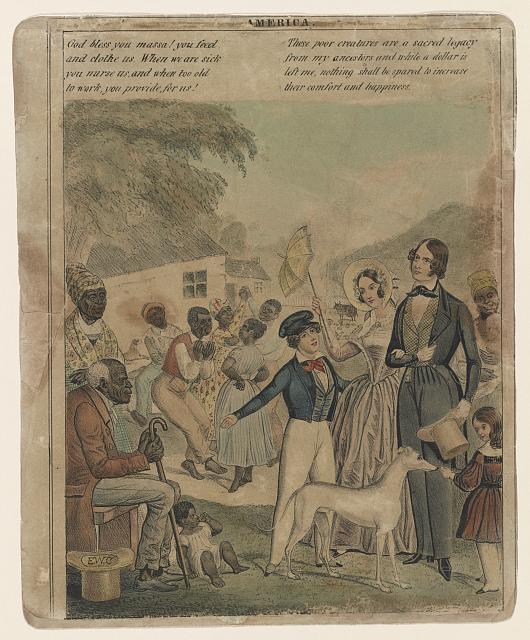



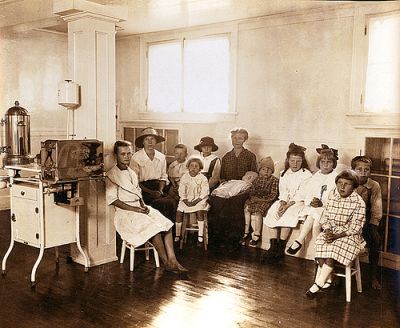






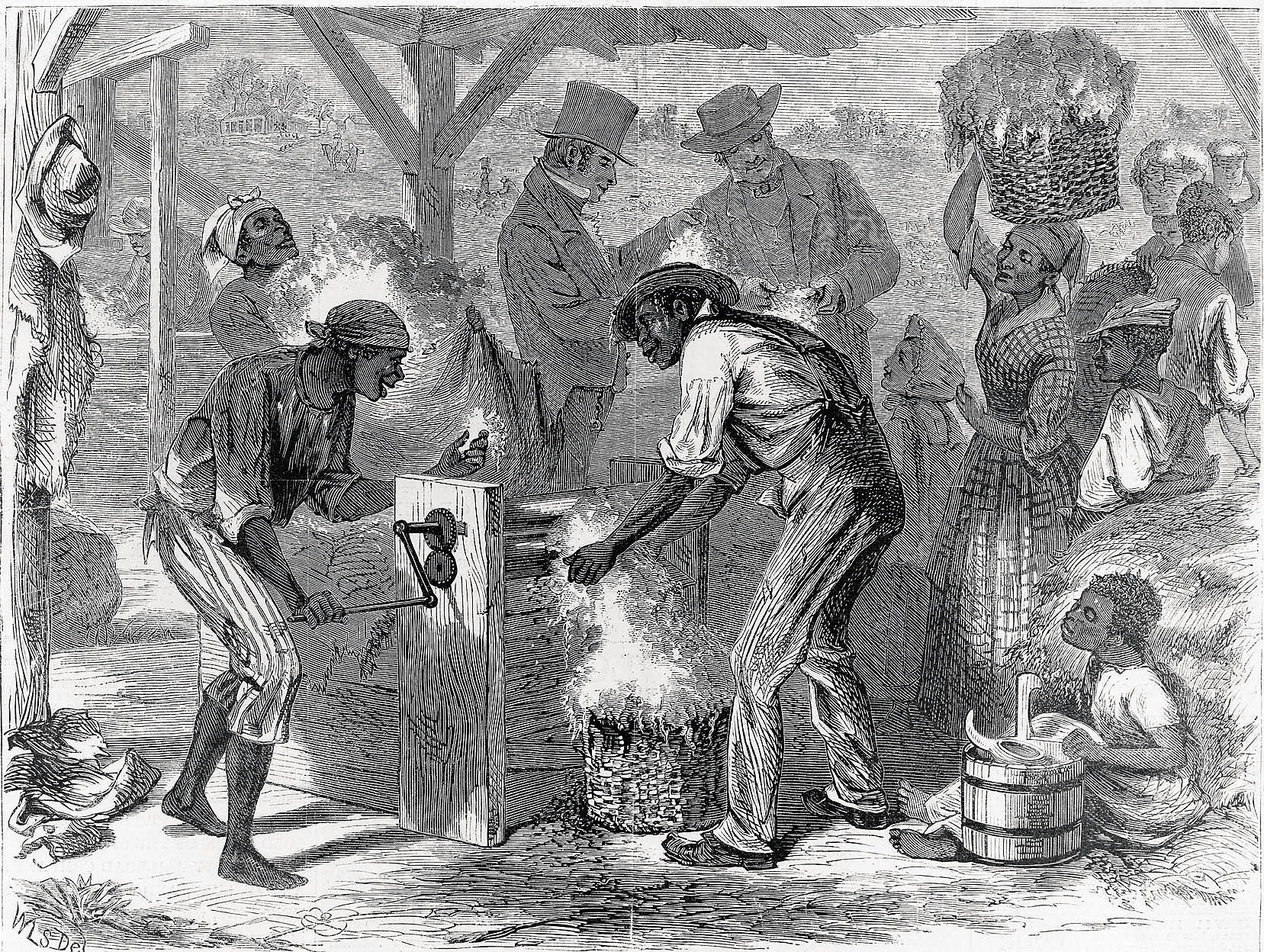


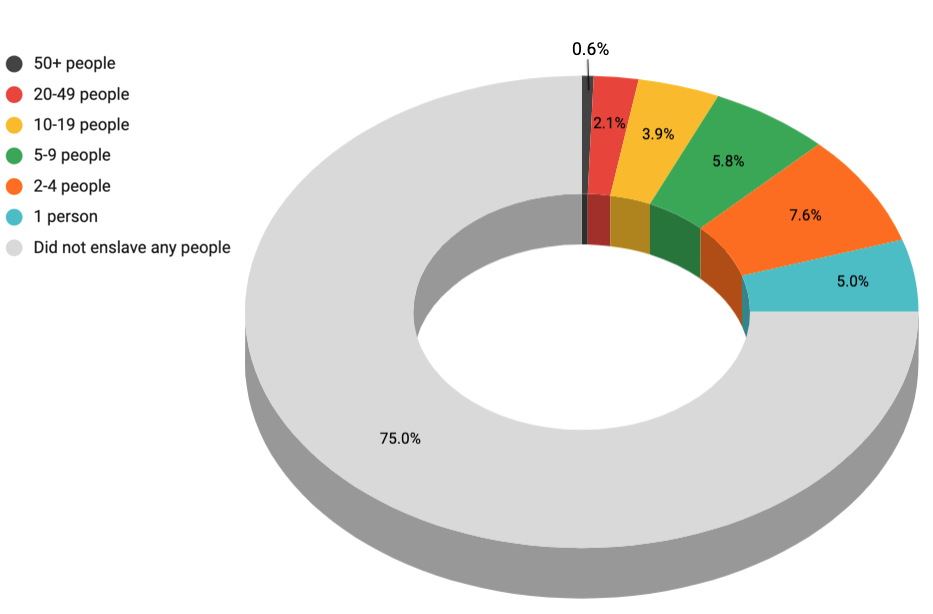


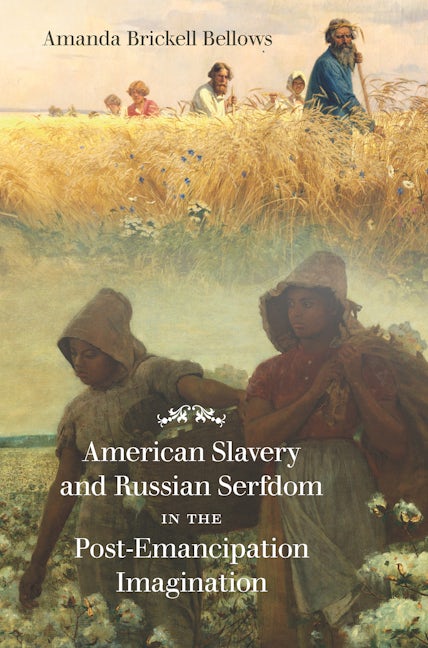


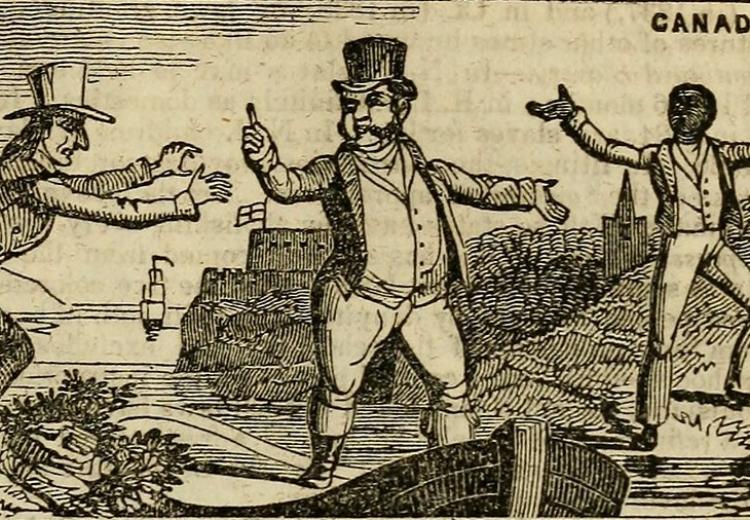


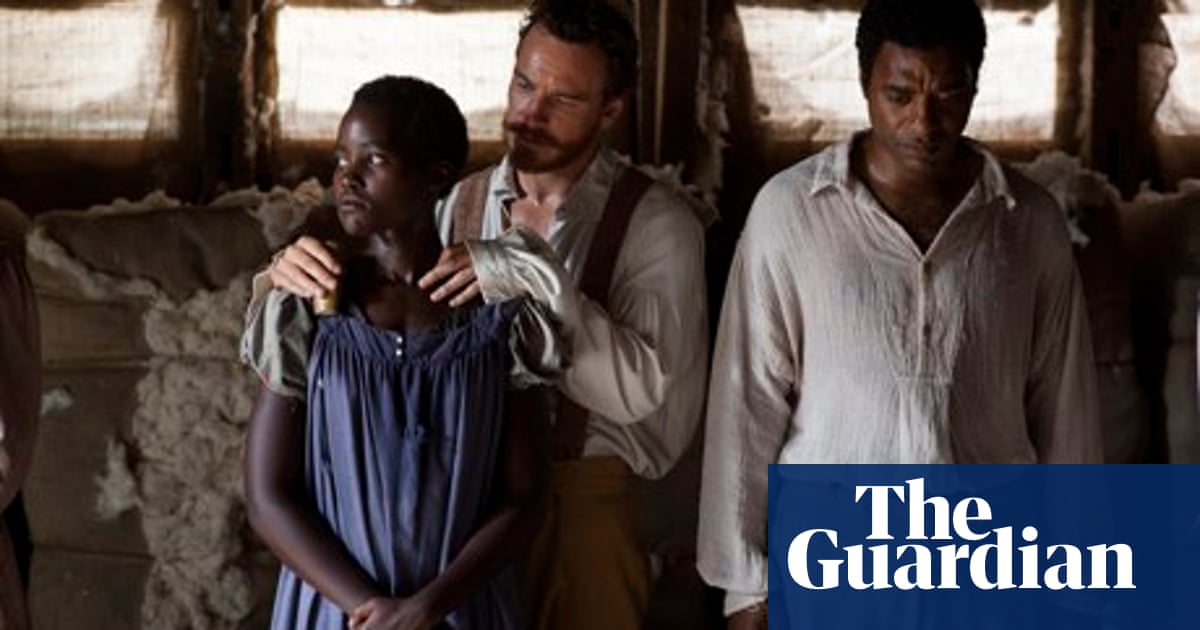








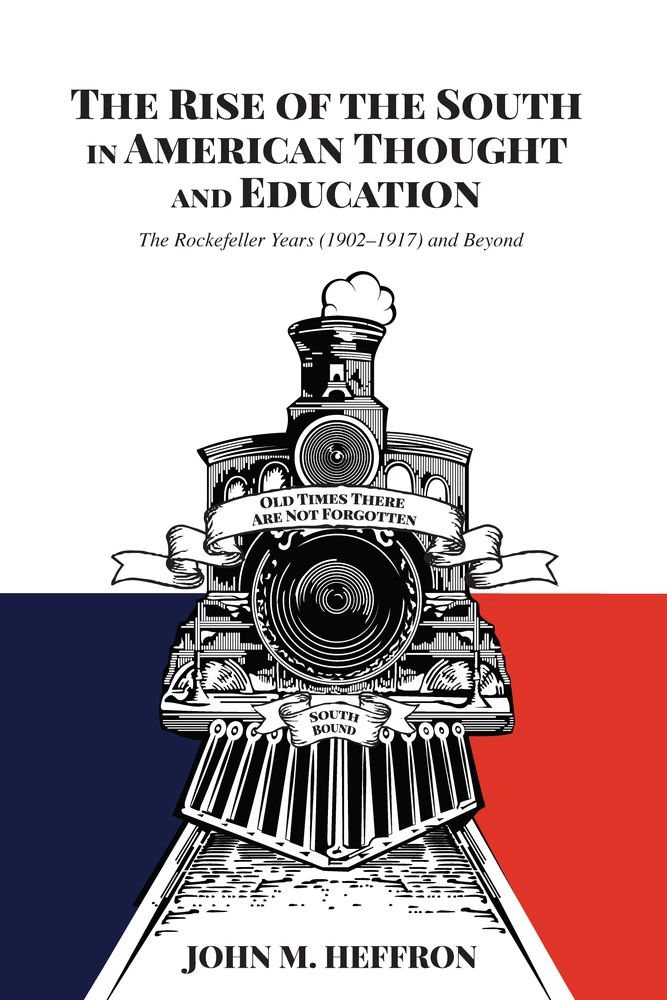



Post a Comment for "American Slavery Was A Paternalistic System"